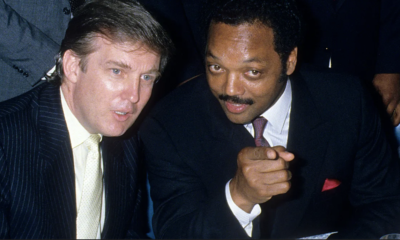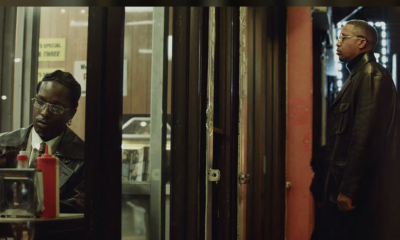immigration Politics
Trump’s National Guard Order Blocked—Temporarily—as Legal Fight Over LA Deployment Heats Up
In a dramatic twist to an already volatile situation, a federal appeals court has temporarily blocked a judge’s ruling that would have forced President Donald Trump to return control of the California National Guard to Governor Gavin Newsom. The deployment, which came amid intensifying protests in Los Angeles over controversial immigration raids, has ignited a major constitutional clash over presidential powers, states’ rights, and civil unrest. The 9th U.S. Circuit Court of Appeals announced on Thursday that it will review the case, pausing a lower court’s decision just hours before it was set to take effect on Friday at noon. The court is expected to hear arguments on Tuesday.
Earlier that day, US District Judge Charles Breyer ruled that Trump’s use of Title 10 to federalize the California National Guard violated both statutory law and the Tenth Amendment, which preserves powers for the states. “The protests in Los Angeles fall far short of a ‘rebellion,’” Judge Charles Breyer wrote, waving a copy of the Constitution and warning that unchecked presidential authority risked turning American democracy into a monarchy.
The White House responded swiftly, blasting Judge Charles Breyer’s order as “unprecedented” and “dangerous.” A spokesperson stated, “The President exercised his lawful authority to mobilize the National Guard to protect federal buildings and personnel in Gavin Newsom’s lawless Los Angeles.”
Governor Gavin Newsom, who sued the federal government over the deployment, praised Judge Charles Breyer’s ruling as a “test of democracy” that California had “passed.” He warned that using the Guard to support immigration raids would escalate tensions and “further destabilize communities.”
View this post on Instagram
In his ruling, Breyer noted that Donald Trump had failed to properly consult the governor before calling up the Guard, a requirement under Title 10 unless under conditions like invasion or rebellion — neither of which, the judge said, applies in Los Angeles.
Still, the legal battle is far from over. The federal government argues that Trump’s actions are not subject to judicial review, citing historical examples like Eisenhower’s deployment of troops during school desegregation and Nixon’s use of the military during a postal strike. The Department of Justice insists Trump complied with the law and had informed military leadership appropriately.
Meanwhile, the situation on the ground remains tense. Over 500 National Guard troops have been trained to assist immigration agents, and photos of their presence at raid sites have already surfaced. In addition, 700 Marines at a nearby base are undergoing civil disturbance training, with 140 reportedly preparing to relieve the Guard in Los Angeles within 24 hours. As of now, the Marines have not been authorized for immigration operations.
Protests have intensified in Los Angeles and spread to cities like Boston, Chicago, and Seattle. Critics say Trump is exploiting the unrest to justify authoritarian measures, while supporters argue he is simply enforcing federal law.
With the appeals court poised to weigh in, the future of Donald Trump’s National Guard deployment hangs in the balance, alongside the broader debate over the limits of presidential power in a time of national upheaval.








































Pingback: Gavin Newsom Uses Swift’s ‘Actually Romantic’ to Roast Trump